
Energy storage must play a central role in enhancing Europe’s energy security, enabling integration of renewable energy and lowering power prices, according to European Commission (EC) Vice President Maroš Šefčovič.
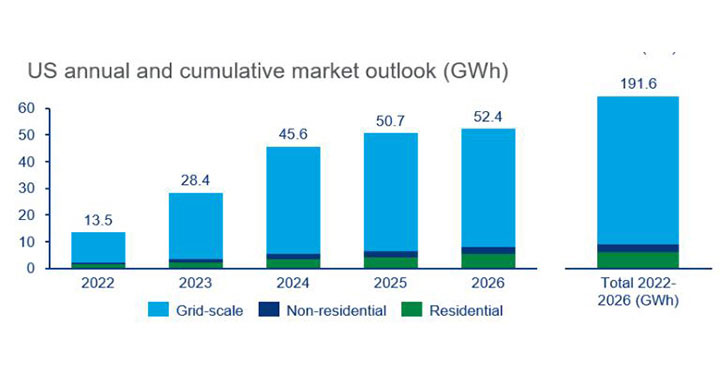
The US market is on course to reach 13.5GWh of energy storage installations during 2022, according to Wood Mackenzie Power & Renewables.
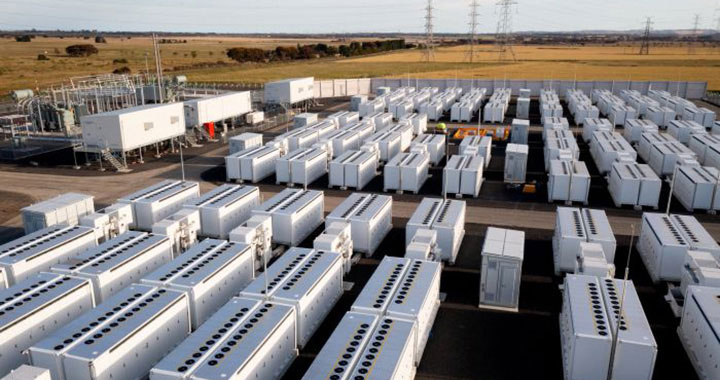
The state government of the Australian Capital Territory (ACT) will pledge funding towards a battery energy storage system (BESS) rollout in its 2022-2023 budget to be announced 2 August.
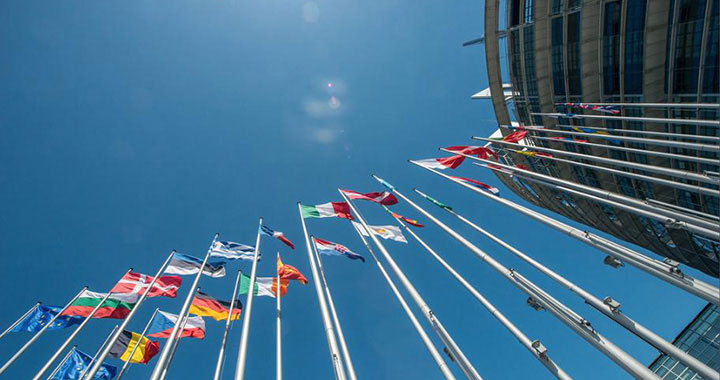
European battery energy storage deployments are expected to plateau over 2024-27 due to lithium-ion scarcity, whilst the continent will need 200GW by 2030 to accommodate additional renewables.

Buyers of home energy storage systems in Australia have been urged to check whether batteries in their devices come from a batch recalled due to their risk of causing fires.
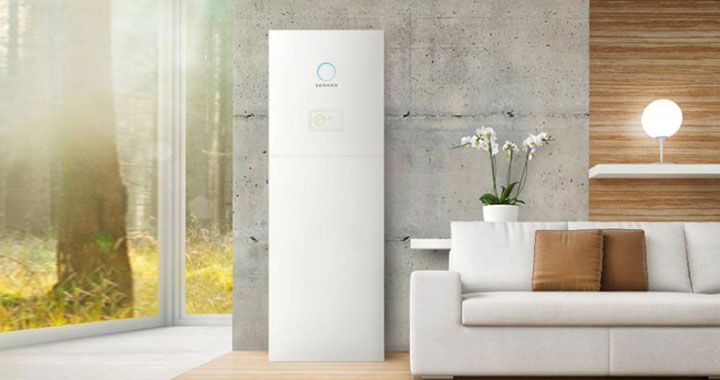
The German energy storage market continued to be dominated by the residential segment in 2021, although utility-scale battery revenues grew by nearly six times year-on-year, according to new figures from the national storage association.
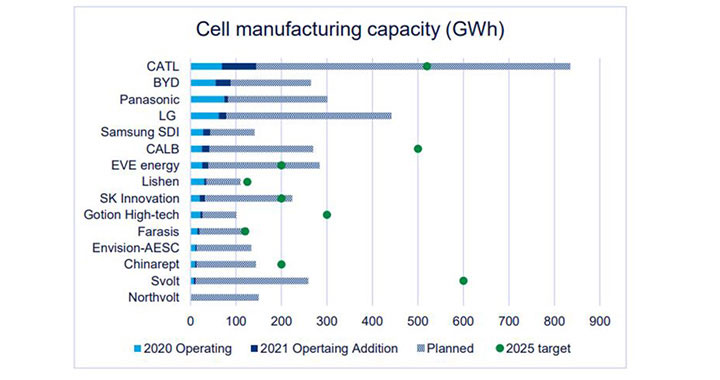
Lithium iron phosphate (LFP) will be the dominant battery chemistry over nickel manganese cobalt (NMC) by 2028, in a global market of demand exceeding 3,000GWh by 2030.
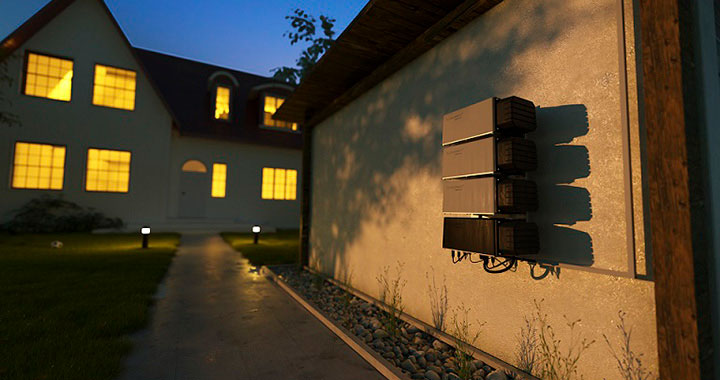
Guidehouse Insights says that the annual power capacity deployments of battery-based residential energy storage systems (RESS) are expected to grow at a CAGR of 21.3% from 2021 to 2030 globally.By
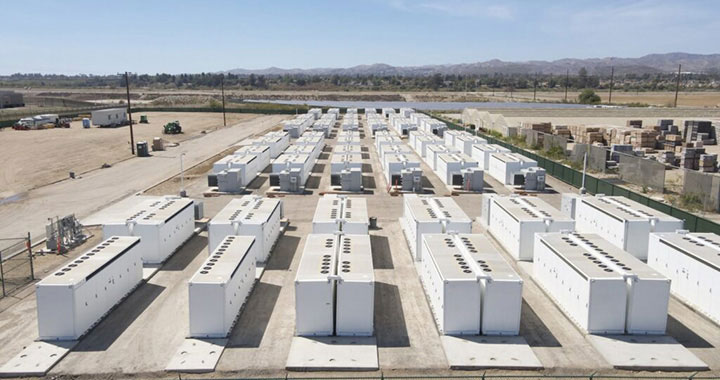
Tesla is ambitious to grow its energy storage business in 2022, after it reported a 32% year-on-year increase in battery storage deployments, executives including CEO Elon Musk have said.